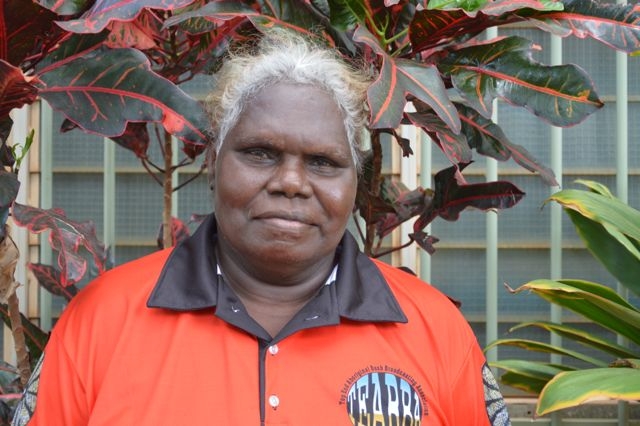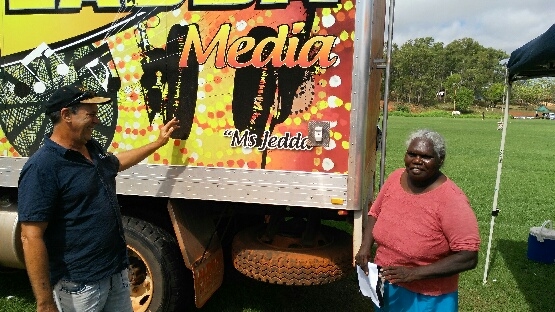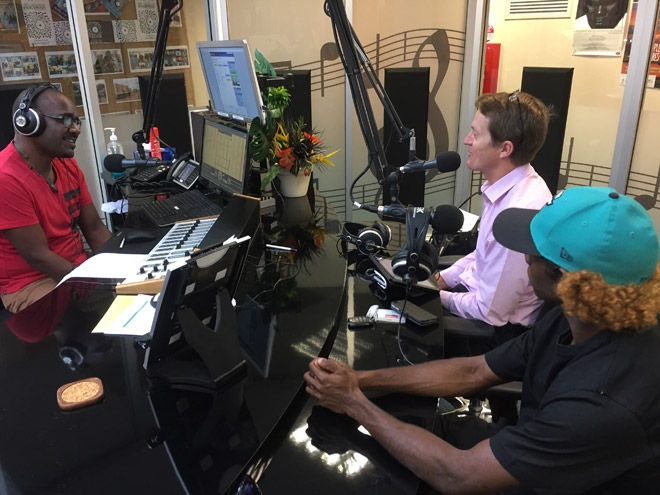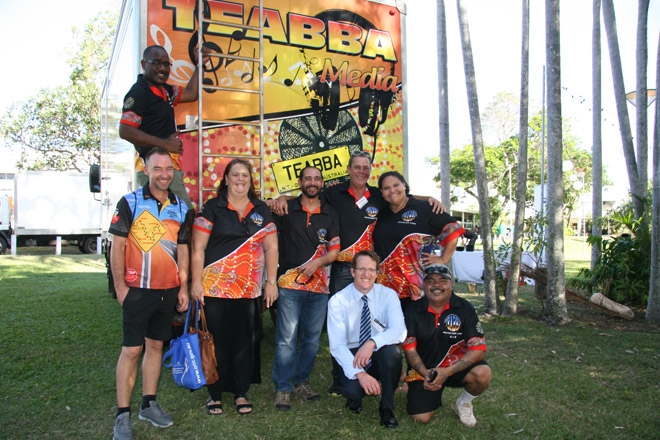Ms Jedda's leadership keeps on trucking
An Aboriginal corporation that broadcasts music, news and information into remote communities in the Top End has a new way of reaching its audience.
Top End, Northern Territory: Top End Aboriginal Bush Broadcasting Association (Aboriginal Corporation) (TEABBA) has operated in the Northern Territory for almost three decades. It first incorporated in 1989 and is registered under the Corporations (Aboriginal and Torres Strait Islander) Act 2006 (CATSI Act). TEABBA has always been a non-profit organisation driven by and for members of the Aboriginal communities it serves; from Wadeye and Kalkarindji in the west, the Tiwi Islands to the north and Arnhem land and Groote Eylandt to the east. It supports the storytelling that has occurred since the dreamtime, using new technologies as they emerge.
TEABBA broadcasts regular radio programs from its Darwin hub studio—live streamed through its website—and provides operational support to 29 remote Indigenous broadcasting services (RIBS). Transmitting radio signals through a satellite system, these remote services enable communities to hear local news and information, often in their local language. And the transmissions go both ways: some community programs are picked up and re‑broadcast through regional and national broadcasters.
As well as operating through the airwaves, TEABBA has a strong voice as an advocate for Indigenous broadcasting as a means of maintaining culture and language. It runs an extensive training program in collaboration with Northern Territory regional councils.
The corporation has nine directors, and its chair is Paulina (Jedda) Puruntatameri. She’s a Tiwi Islands lady from the Pirlangimpi (Garden Point) Community, on Melville Island, and a leader in the remote Indigenous media industry.

Ms Jedda Puruntatameri, chair of the TEABBA board
For Ms Puruntatameri, it’s very important that TEABBA involves Aboriginal communities and continues to train up the next generation:
The technology is changing all the time, so an important part of what TEABBA does is provide training for young people in communities. It’s a good career pathway, and it keeps language and culture strong.
When you’re a kid growing up in the bush it can be tricky to progress into higher education and a career. TEABBA uses young people’s interest in professional sports to inspire them to consider a future in the media, particularly sports media. Don Baylis, TEABBA’s general manager, explains:
We know that many young people love sports, but not everyone makes it into the highest ranks of their favourite game. Our goal at TEABBA is to open the eyes and minds of young people to opportunities beyond being a player on the field. They can look at being a sports commentator, a media liaison officer, sports development officer—there are many different jobs in radio and the media. Radio is a very powerful tool, and is a career that can take you all over the world. We encourage people to imagine doing some broadcasting at the Commonwealth Games or the Olympics. These are real possibilities.
As well as training, TEABBA offers groups of young Aboriginal and Torres Strait Islander people tours of the TEABBA studio. Students involved in the Clontarf Foundation, the Stars Foundation and the Cathy Freeman Foundation have all visited, helping to ensure that these athletes get a great education while mastering their chosen sport.
Recently the corporation invested funds in a new truck for outside broadcasting at festivals, sporting events and any other community location it’s needed. The truck was custom designed to ensure it is robust enough to travel through some of the most rugged country. It also enables the corporation to offer media training in communities.
In honour of the chair’s long term commitment to Indigenous media, the corporation’s new media truck bus was named ‘Ms Jedda’.

General manager Don Baylis with Ms Jedda (chair of the TEABBA board) and Ms Jedda (the truck)
Don Baylis explains the value of the truck to TEABBA and the people it works with:
Ms Jedda gives TEABBA better access to Indigenous elders, school leavers, and community members to learn about digital devices and the potential for radio to keep culture strong.
In the lead-up to the recent event to celebrate 10 years of the CATSI Act, the Registrar of Indigenous Corporations, Anthony Beven, was interviewed in the Darwin studio.

TEABBA broadcaster Bernard Namok Jnr (Bala B) interviewing Anthony Beven in the TEABBA studio in Darwin, 4 July 2017. In the foreground is Justin Cooper, RIBS broadcaster from the Minjilang community on Croker Island and an AFL player for NT Thunder and West Football Club (Alice Springs), who will return to broadcasting at the end of the season.
The next day, the Ms Jedda truck provided a colourful presence at the event. TEABBA continued with their usual programming but included live crosses from the event.

The Registrar with TEABBA staff in front of Ms Jedda
The service that TEABBA provides to remote Top End Aboriginal and Torres Strait Islander communities is both unique and vital. As well as facilitating the flow of relevant local news and stories, and providing training to young people, it also helps to sustain and revive language and culture. And now that it has a truck for outside broadcasting, it is an even more powerful force for mobilising Indigenous voices. For a byte of this vibrant corporation’s programming, listen live to TEABBA radio—and bear in mind that if you have a message for communities in the TEABBA network, the corporation is happy to negotiate a slot.